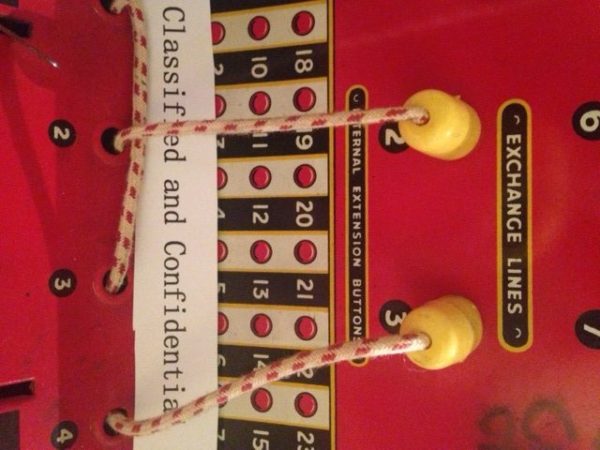Why You Need An NDA Lawyer
Unfortunately, if you don’t make use of an NDA, you will need to rely on the law of confidence to protect your trade secrets, which is far from ideal.
To successfully bring a claim, you will need to show that the information had a necessary quality of confidence, that the idea was disclosed to the potential defendant in circumstances where an obligation of confidence can be assumed, and that there has been unauthorised use of the information. All three elements can be difficult to prove.
You can easily find a large selection of template confidentiality agreements or NDAs online. We always caution against using these because each situation where vital information, documents, designs, or physical items are being disclosed is different. A tailored agreement drafted by a specialist NDA lawyer that both you and other involved parties fully understand is recommended, especially given what’s at stake.
That’s where we come in. Our team can advise whether you need an agreement and then draft a document perfectly tailored to your situation. We’ll do our utmost to legally protect you from the disclosure or theft of confidential information, but we can provide further support in the event of a breach of contract.






